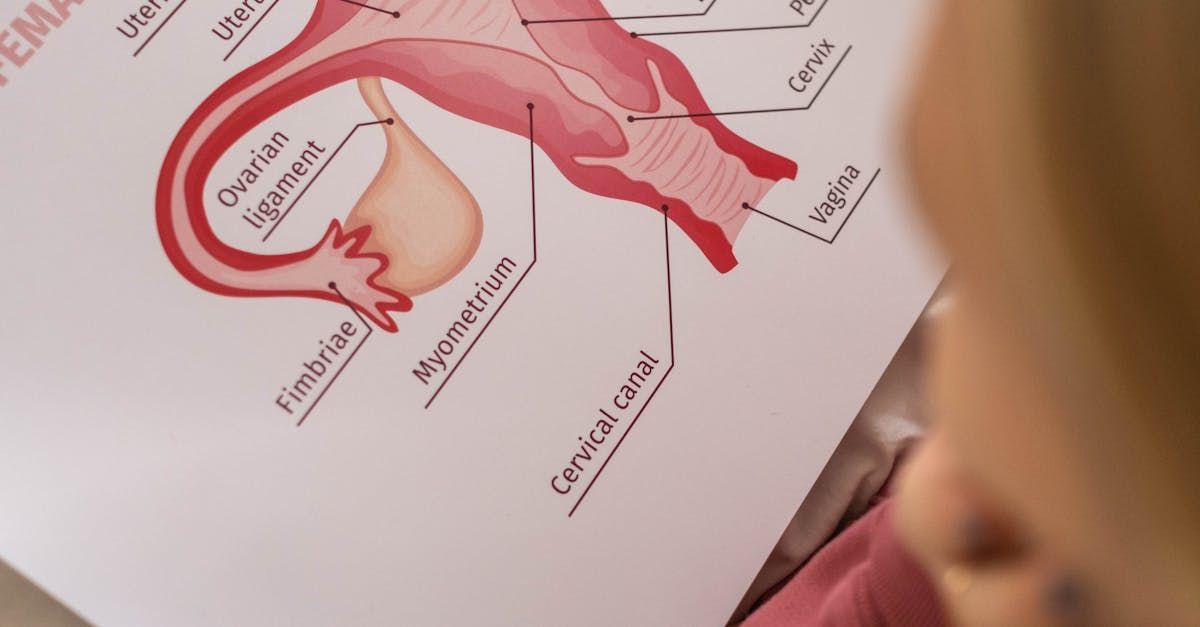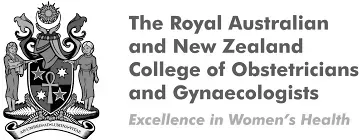BLOG

By Dr Yousif Alyousif
•
August 24, 2024
Menopause is defined as the point in time when a woman has not had a menstrual period for 12 consecutive months. It typically occurs between the ages of 45 and 55, though it can happen earlier or later. Menopause is a natural biological process that signifies the end of ovarian function and, therefore, fertility. It is usually a gradual process, not a sudden change, and involves several stages.

By Dr Yousif Alyousif
•
August 24, 2024
Endometriosis is a condition that affects millions of women worldwide, yet it remains underdiagnosed and often misunderstood. This chronic condition can cause severe pain, affect fertility, and significantly impact a woman’s quality of life. In this blog post, we’ll explore what endometriosis is, its symptoms, how it’s diagnosed, and the available treatment options.

By Dr Yousif Alyousif
•
August 17, 2024
When it comes to fertility, many factors are beyond our control. However, lifestyle choices are one area where both men and women can make a significant difference in their reproductive health. From diet and exercise to stress management and environmental exposures, your daily habits can influence your ability to conceive. In this blog, we’ll explore the impact of lifestyle on fertility and offer tips on how to optimize your chances of starting a family.

By Dr Yousif Alyousif
•
August 10, 2024
Egg freezing, also known as oocyte cryopreservation, has become an increasingly popular option for women who wish to preserve their fertility for the future. Whether you’re focused on your career, haven’t found the right partner, or have health concerns that could impact fertility, egg freezing offers the possibility of becoming a mother later in life. But is it the right choice for you? This blog will explore the benefits, process, and considerations involved in egg freezing.

By Dr Yousif Alyousif
•
August 3, 2024
When it comes to fertility, there’s often a misconception that it’s solely a woman’s issue. However, male fertility plays an equally important role in the conception process. In fact, male factor infertility contributes to about 30-50% of infertility cases. This blog aims to dispel common myths about male fertility and highlight the importance of a comprehensive evaluation for both partners.

By Dr Yousif Alyousif
•
July 27, 2024
Polycystic Ovary Syndrome (PCOS) is one of the most common hormonal disorders affecting women of reproductive age. While PCOS can present challenges to fertility, the good news is that with the right management and treatment, many women with PCOS can successfully conceive. In this blog, we’ll explore the relationship between PCOS and fertility, and the steps you can take to improve your chances of getting pregnant.

By Dr Yousif Alyousif
•
July 20, 2024
Embarking on the fertility journey can be both an emotional and physical challenge. Whether you’re just starting to think about having a family or have been trying for a while, understanding the steps involved in fertility care can help you feel more in control and hopeful. This blog will walk you through the key phases of the fertility journey, from diagnosis to treatment, and what you can expect along the way. Understanding Fertility Diagnosis: The first step in the fertility journey is understanding the cause of infertility. For couples who have been trying to conceive for over a year without success (or six months if the woman is over 35), it’s essential to seek medical advice. Fertility evaluations typically include a detailed medical history, physical exams, and tests for both partners. For women, this may involve blood tests, ultrasounds, and assessments of ovulation and ovarian reserve. For men, a semen analysis is commonly performed to evaluate sperm count, motility, and morphology. Exploring Treatment Options: Once a diagnosis is made, the next step is discussing treatment options. Treatments range from lifestyle changes and medications to advanced reproductive technologies like Intrauterine Insemination (IUI) and In Vitro Fertilization (IVF). The choice of treatment depends on the underlying cause of infertility, the age of the partners, and other health factors. Your fertility specialist will work closely with you to develop a personalised treatment plan that aligns with your needs and goals. Emotional and Psychological Support: The fertility journey can be emotionally taxing, and it’s important to address the psychological aspect of treatment. Many couples experience stress, anxiety, and a range of emotions throughout this process. Fertility clinics often provide counselling and support to help manage these feelings. Staying connected with your partner, seeking support from loved ones, and taking time for self-care can make a significant difference. Conclusion: The path to parenthood can be challenging, but with the right guidance and support, it’s also a journey of hope. Understanding the steps involved in fertility care—from diagnosis to treatment—can empower you to take control of your reproductive health. If you’re struggling to conceive, don’t hesitate to reach out for help. With the right support and treatment, your dream of starting a family is within reach.



Contact
Melbourne IVF
268 Manningham Rd, Templestowe Lower VIC 3107
New Patient - (03) 9006 5570
Existing Patient - 03 9473 4444
Practice Hours:
Mon - Fri 7:00 am to 4:30 pm
Sat - by prior arrangement
© 2025
All Rights Reserved | Dr Yousif Alyousif
